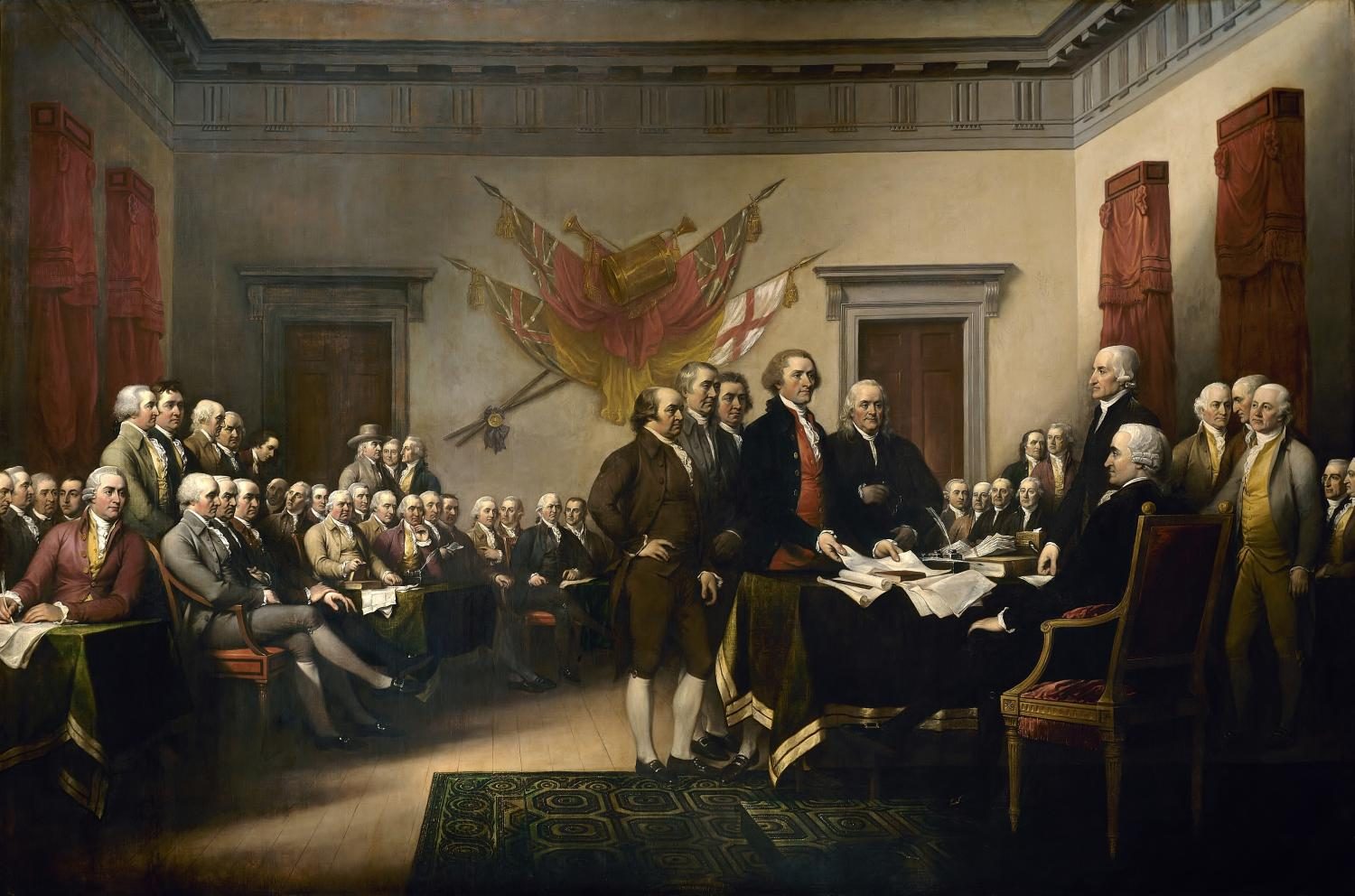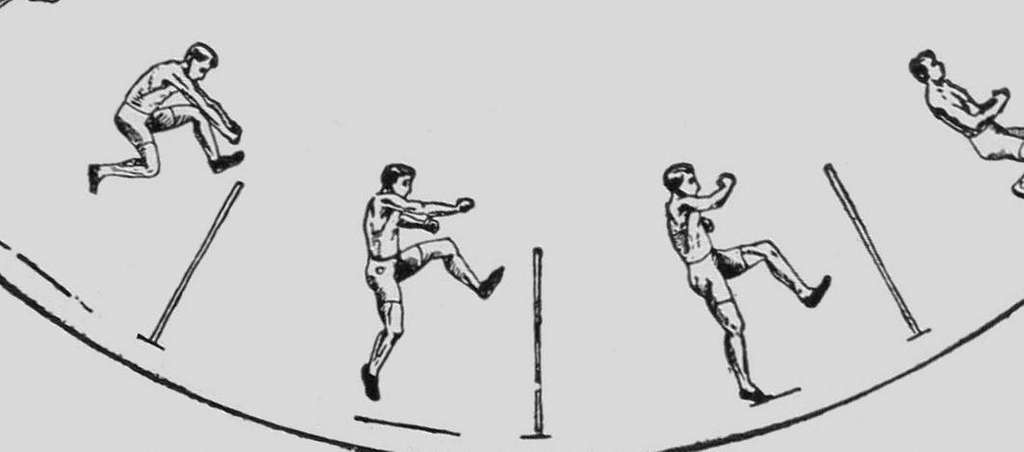Rare parchment being “declared”
Presenting a draft of the Declaration of Independence, fifty men are circled around the room in John Trumbull’s famous painting fittingly titled “Declaration of Independence.” Recently, a parchment of the Declaration of Independence was discovered in the United Kingdom by Danielle Allen and Emily Sneff.
May 10, 2017
In an attempt to create a database of all Declarations, Harvard researchers Danielle Allen and Emily Sneff of the Declaration Resources Project came across a listing for a rare copy of the Declaration of Independence located in the West Sussex Record Office in Chicester, UK. What makes this discovery so significant is due to its pure rarity.
“It is crazy, because I heard that the only other copy of the Declaration is in the National Archives in Washington, D.C.,” senior Ahyonna Pitts expressed.
Based on marital evidence, the document is assumed to have been written in the 1780s and to have belonged to Field Marshall Charles Lennox, or the Third Duke of Richmond. Lennox was known as “Radical Duke” because of his support of the Americans during the Revolution even though he was British. Even though Charles Lennox was British, the parchment is considered to be an American document, which was found to have been written in either New York or Philadelphia. The clerk and commissioner of the parchment is still being investigated by the duo.
There are some slight differences between the two copies. The infamous line “pursuit of happiness” is followed by a period in the original parchment, but in the newly discovered document, the phrase is followed by a dash. This is also the first iteration of the Declaration that was printed with a horizontal orientation. The newly discovered parchment also differs from the original in the way that the signatures are organized. John Hancock’s infamous signature is not listed first, and the group of signatures are also not grouped by state, but are rather not grouped in any particular way.
Junior Kayla Bortoff commented, “I think that this was done to show that the Declaration was not a document about the states, but rather about how the country as a whole united.”
While this document was able to answer many questions historians had concerning how the nationalist position emerged, there are still plenty of questions needed to be answered. One being how the parchment made its way to England in the first place? What is important to take away from this discovery, though, is that history is constantly being redefined, and we must always continue to question what lies undiscovered about our nation’s story.












